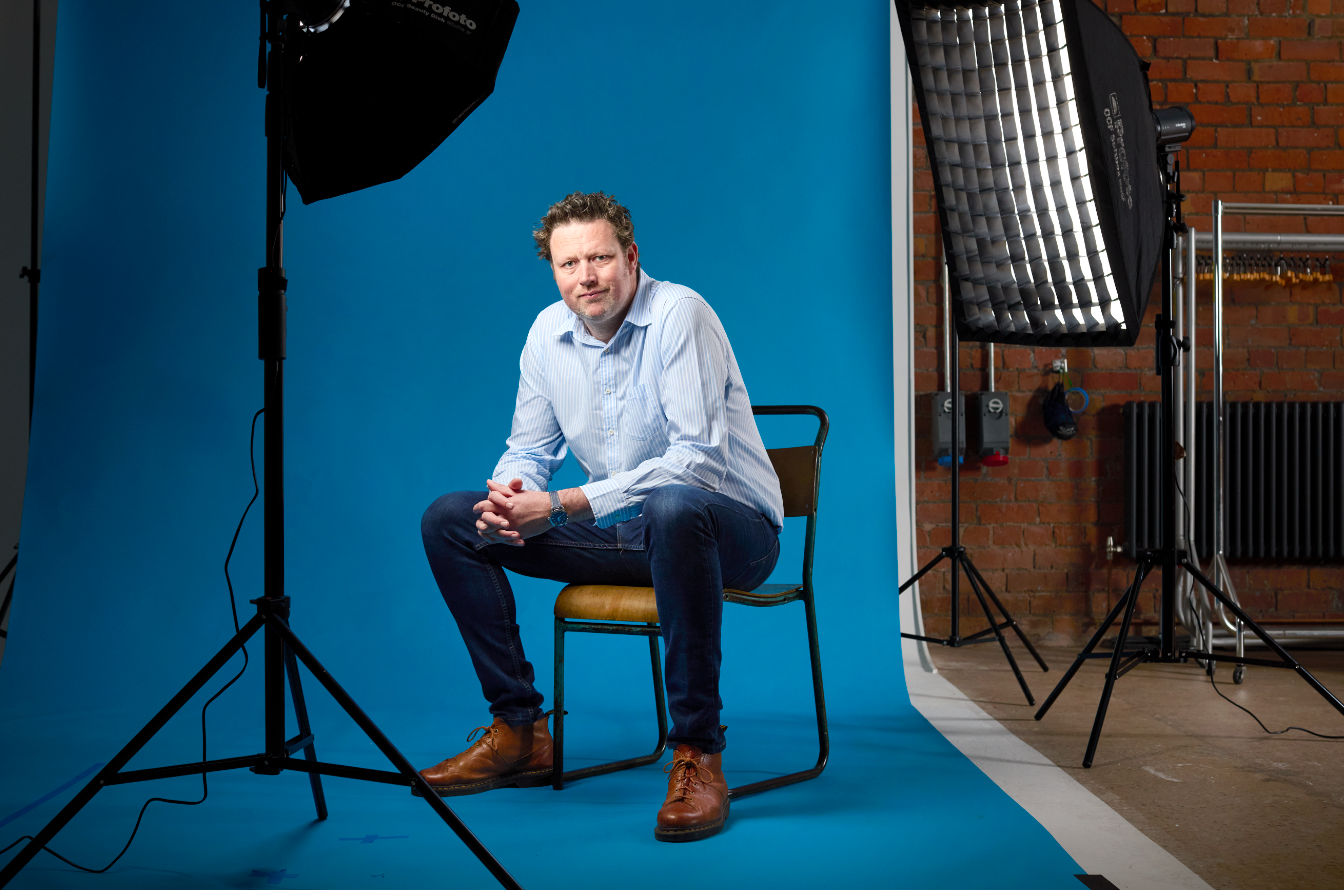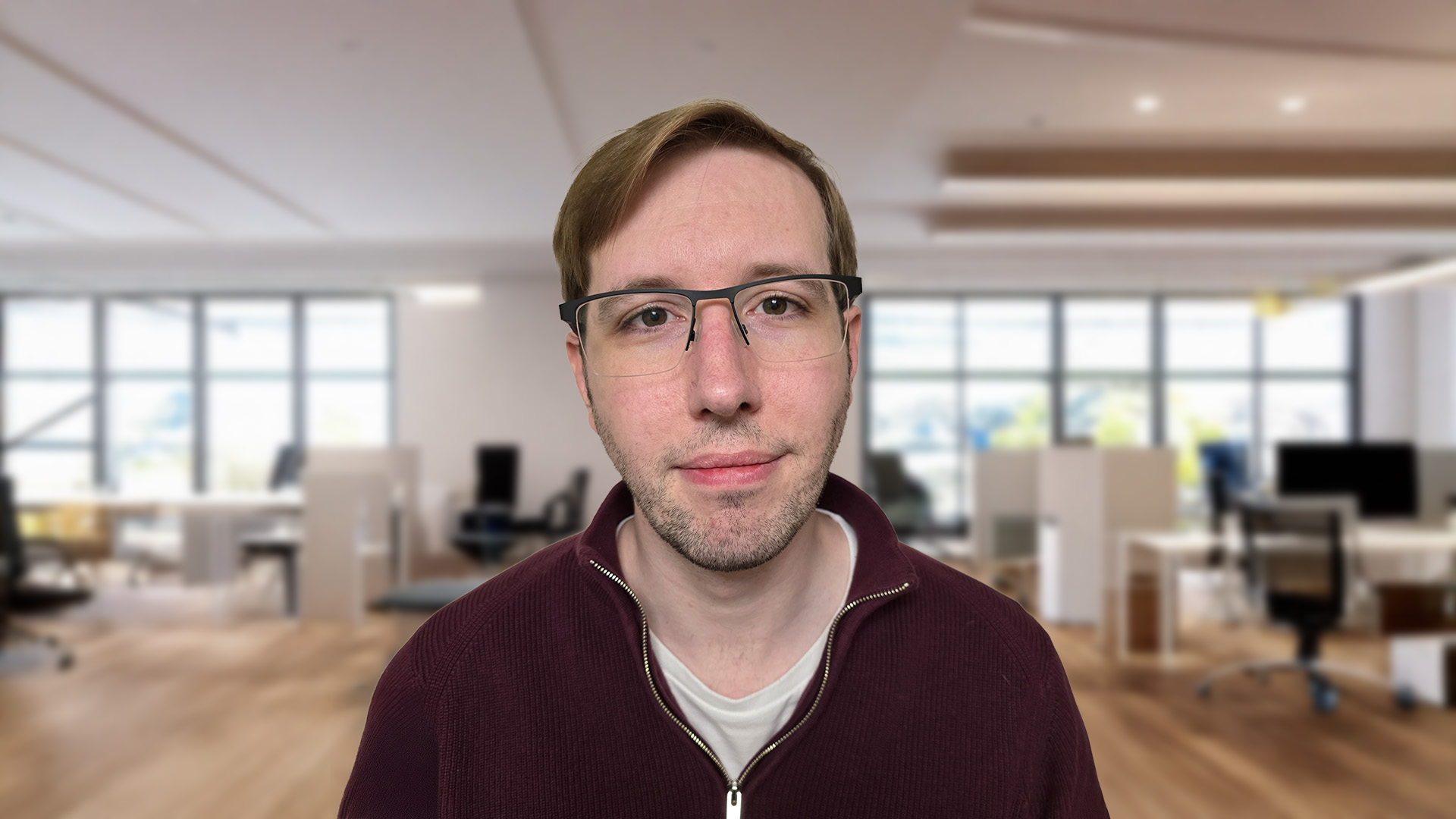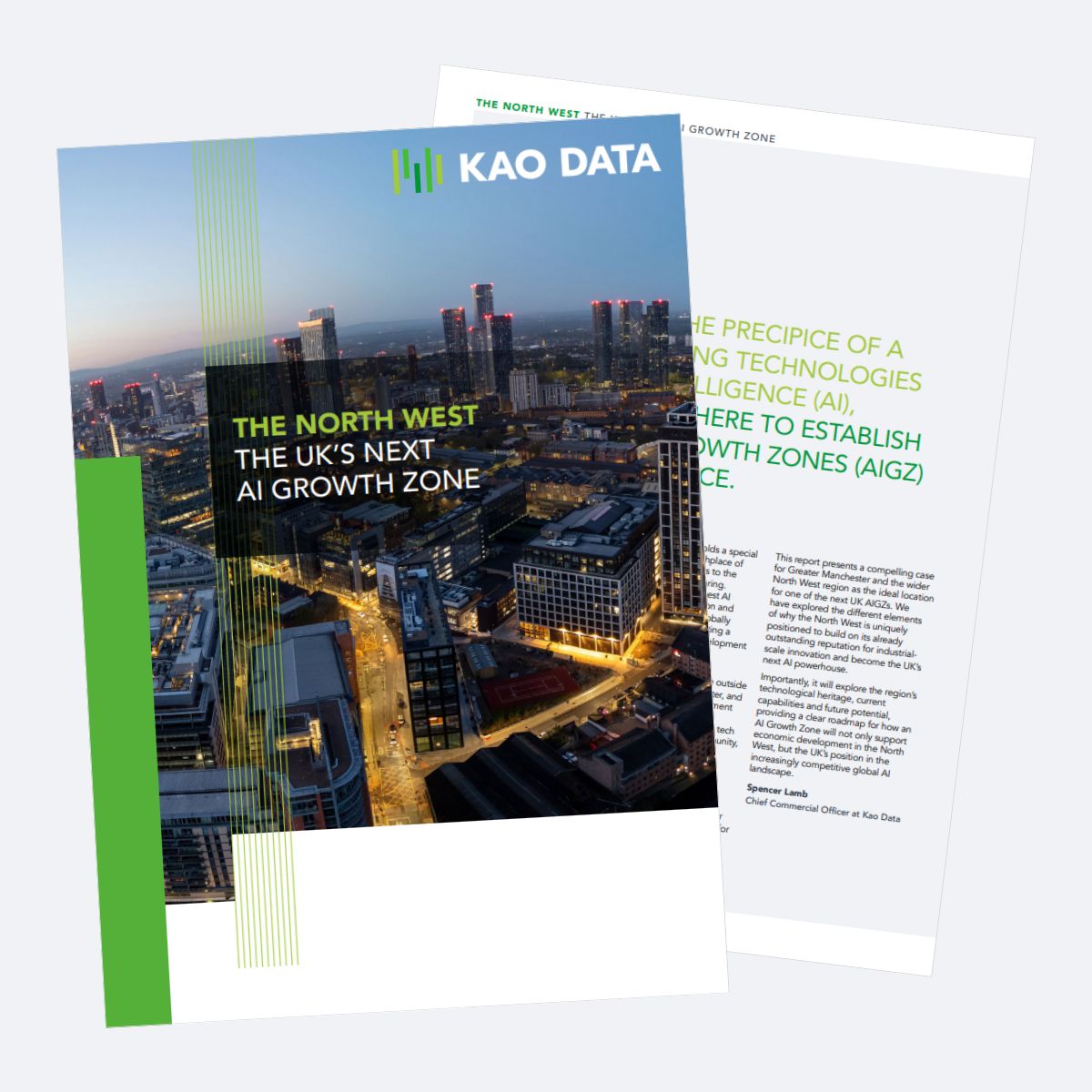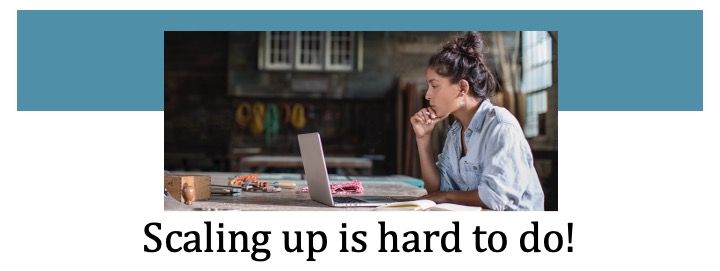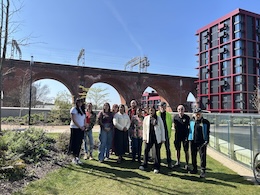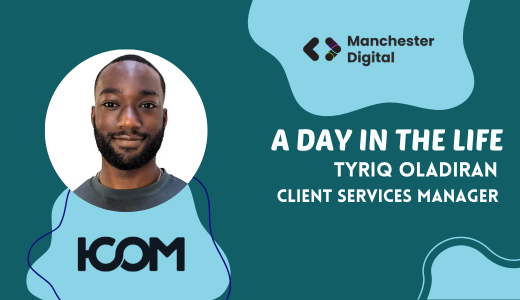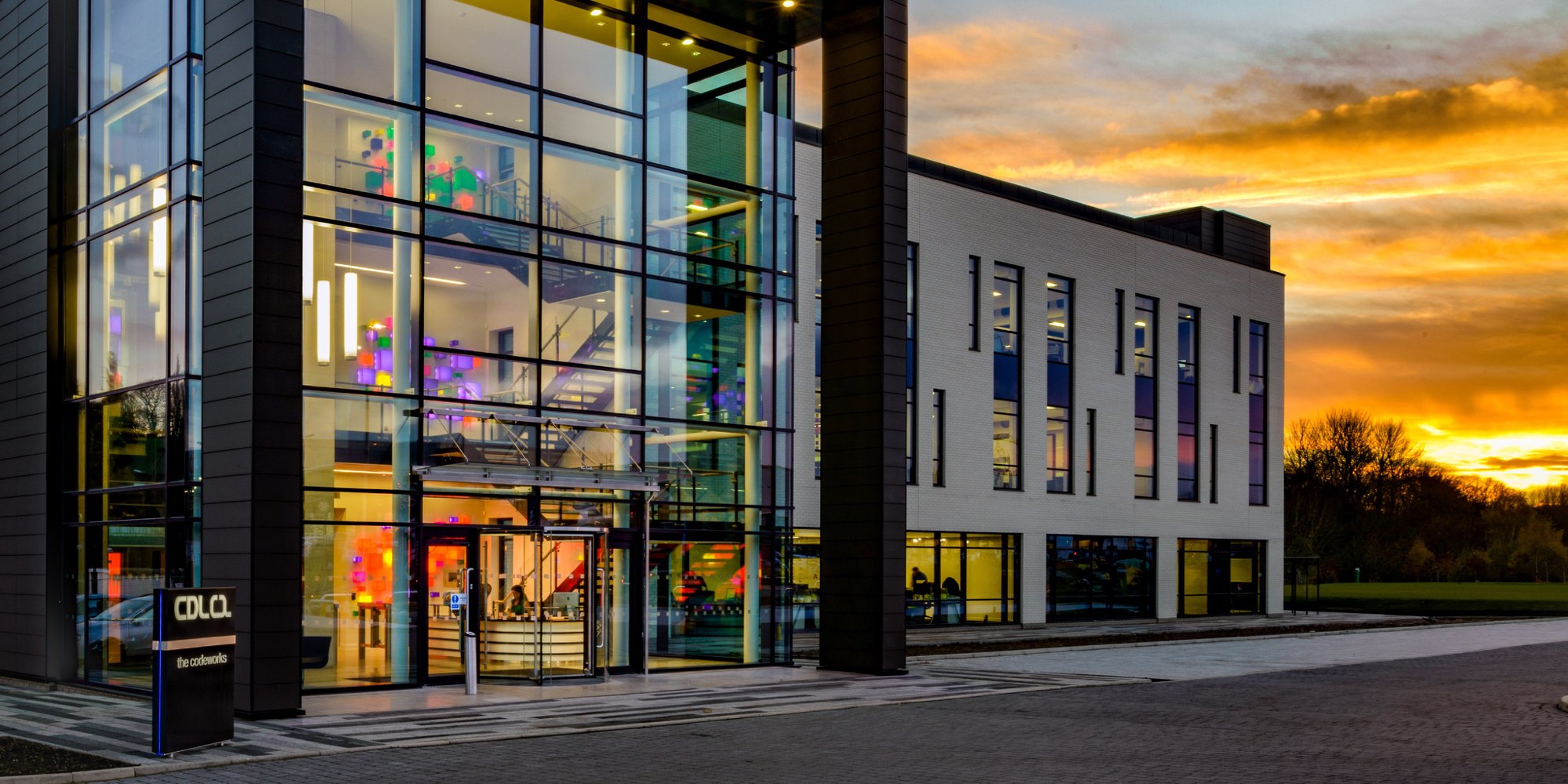
Stockport-based CDL is one of the region’s largest tech employers. As such, we wanted to spend some time with their Head of Software Engineering, Rob Trueman, to find out a little bit more about the company.
In this interview, Rob discusses Brexit, innovation, the company’s plans for diversification and the culture within CDL.
Could you tell us a little bit about yourself and about CDL?
I've worked for CDL for almost 15 years, which has given me experience in a range of roles and the chance to be part of the company’s growth from a couple of hundred people to the 700 based at our Strata campus now. The past five years in particular have seen that growth accelerate and our turnover double to over £55 million last year, so it’s a really exciting time to be with CDL.
As Head of Software Engineering, I look after pretty much all the applications that we build and run, whether it’s hosted by the client, by us on premise or, as is increasingly the case, whether it’s cloud-hosted.
CDL have become regarded as a market leader in the highly competitive rates and insurance sector. Would you say this is true?
Absolutely. We've always been very much about keeping ahead of the game in the software and services that we provide. Typically, we do this by looking outside of the sector at brands like Amazon, Facebook, Elastic, Twilio and Google to see the direction they’re taking and get us thinking about how we can apply some of the things they’re working on. That’s why we attend so many conferences; it helps us to leverage the technologies and the approaches other companies are using back into the products we create.
Would you say that creativity and innovation are an important part of your culture?
Definitely. As we're a privately owned company, we have significant autonomy in terms of what we can do. We're not at the mercy of city shareholders, so we invest extensively in research and development, new products and new services. We'll typically put a new idea through our incubator and then promote it out to test whether there's client interest and drive behind it. If there is, we will start building a product around it. Being on the lookout for new ideas is important to us, as is supporting good ideas when we spot them.
Why do your customers enjoy working with CDL?
Firstly, it's very much about being in a partnership. Our customer base consists of a core of large, high volume retail insurance businesses rather than a vast number of smaller companies. That allows us to stay a lot closer to our customers and have people working within their businesses, effectively understanding what their pain points are and where they're trying to go. It also means we’re focused on making sure that we're driving our products and services to do what customers need them to do and helping them to achieve competitive advantage through our solutions. Ultimately, our success is very much built on our customers’ successes and we work with many of the UK’s largest and most profitable insurance brands.
Could you explain what the technology looks like, how it will continue to change the insurance industry and what that will mean to the consumer?
Technology is ever evolving and we think the pace of change will continue to grow. From the consumer's perspective, most things come back to data. The growth and usage of data will continue. We see younger consumers becoming more savvy about how they can control their data and use it to their benefit. You’re starting to see brands that are beginning to pull different services together such as Yolt, who connect different services to improve the consumer experience.
There has also been a significant shift in consumer expectations and, for many people, it is now a given that services will be available in the channel they want to use at the time that they want it. So if it's 1 AM, they still expect to be able to service their policy via Facebook or whatever it may be.
The technologies available don't necessarily always allow these things to happen today, but we are building out as far as we can and working with the different providers. We're often an influencing partner of the major tech providers, which gives us input into their product roadmaps, and insight into when we will be able to utilise new products and capabilities for our customers, for them to be able to then deliver onto consumers.
Your website has a video that explains that if you want to insure your car or even your cat, you can do so by taking a picture of it. What technology is driving changes like that?
A lot of it comes back to data, again, and its integration with machine learning or artificial intelligence assisted technologies. Most of those things, when you look at it, are being driven by the data under the hood, whether it's recognising images or natural language interactions for consumer journeys.
We look at all of these consumer trends, what different industries, different technologies and providers are doing; then we effectively take a step back and look at how we can provision that capability across the suite of products that we have. So we’re using these different technologies to connect things together, to be able to create those interactions where the customer can service whatever they want, at whatever time they want.
What is the ethos at CDL?
CDL is very much about innovation, excellence and collaboration. We invest extensively in R&D and have an agile approach to software development, allowing us to test ideas quickly, even if that means ‘failing fast’ and moving on. We use a range of collaborative forums across the company, both physical and virtual, including meet-ups, hackathons, our Software Professional Networks, briefings and tech exchanges, as well as online tribe and chat forums, We also host Stockport’s Lean Agile sessions and link in with regional groups – such as Manchester Digital
It’s also important to CDL to put back into the local community and we have a number of volunteering and community funding initiatives. We create opportunities at all levels, from apprenticeships to graduate training programmes and we support people to develop their careers with us. We find that people like to learn in different ways, whether that's traditional classroom based learning, eBooks, e-learning, attending conferences; whatever it may be, we aim to offer all of those different options to people and give them the time to be able to learn and develop their skills.
Manchester is developing a reputation as a centre for fintech excellence. What more needs to happen for this sector to grow?
More talent and skills. We need to keep attracting more people into the market to be able to support that, whether that's through the academic routes, developing people through businesses or drawing on people from beyond the region; even if that means working remotely, it can be a valuable way of recruiting skills into the Manchester sector. Things like the BBC’s relocation to Manchester have been hugely helpful in turning the region into a media and tech destination and we are seeing more and more businesses establishing digital hubs here.
Will Brexit have much of an impact on the business?
It's very difficult to say for any company. The true effects of Brexit, I think, are unknown to most people. So far, the main impact has been the uncertainty it’s created and over the past year, we’ve seen delays to decision-making and investment. We've done as much as we can at this stage to mitigate for Brexit and consulted extensively with customers, market analysts and consultants. We attend Manchester Digital events, and do as much as we can to understand what other people are thinking about Brexit. Whilst the effects are unknown, we're as prepared as we can be.
Does the company have plans to diversify in the face of this uncertainty?
Yes, so a lot of our products that we’ve built were focused around the insurance retail sector. Potentially, when we step back and look at these, they’re agnostic to any different vertical market. Therefore, with a lot of our products and services, we’re starting to look to deploy them into other sectors, whether that's in the financial services space, automotive, travel or other verticals. Equally, we’re looking at opportunities to expand outside of the UK, across Europe, North America and Asia Pacific.
What more can Manchester Digital do as a trade body to help encourage growth in the sector?
Continue to bring organisations together within Manchester to discuss, collaborate and work with one another to develop the sector. There are many initiatives where companies can come together to develop things, particularly around talent acquisition, which is a challenge for everyone. Tackling these in isolation might not be the best thing to do and it’s definitely in areas such as this where Manchester Digital can come into its own.
Touching on skills, how do you find recruiting here at CDL?
It's challenging and we have to keep working at it, but we’re helped by a great working environment, agile culture and opportunities for people to work with some of the more popular technologies. Our location in Stockport is appealing to people who drive, as it’s so close to the motorway network and we have on-site car parking. There are also good local transport links and cycle routes so we’re well connected. Recruiting in Manchester is a challenge for everyone and we can’t afford to be complacent about it, but we’re always looking at ways to develop our culture further to attract the best talent and we’re fortunate to have an incredible team of people working here.
Want to feature on our site?
Get in touch with thom@manchesterdigital.com if you want your company featured on our website, social and newsletter.
